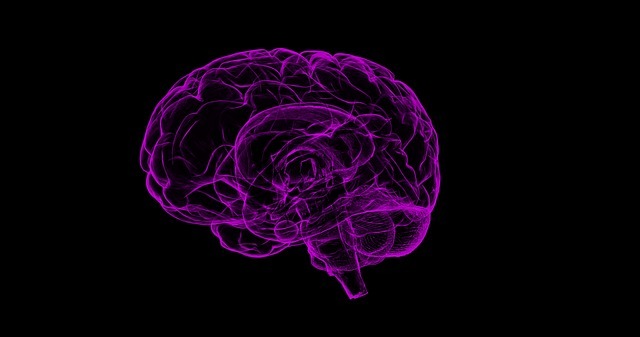
LivaNova, a market-leading medical technology and innovation company, today announced the U.S. Centers for Medicare & Medicaid Services (CMS) accepted the LivaNova protocol for ‘A Prospective, Multi-center, Randomized Controlled Blinded Trial Demonstrating the Safety and Effectiveness of VNS Therapy System as Adjunctive Therapy Versus a No Stimulation Control in Subjects With Treatment-Resistant Depression’ (RECOVER). In February, CMS modified the National Coverage Determination (NCD) from non-coverage to a Coverage with Evidence Development (CED) framework in which CMS will cover the LivaNova Vagus Nerve Stimulation Therapy (VNS Therapy) for Medicare beneficiaries enrolled in the approved study. Separate from the study, CMS is also covering device replacement for patients with a VNS Therapy device for Treatment-Resistant Depression (TRD).
“Now that the RECOVER study protocol has been finalized, we are ready to activate sites that will enroll patients in this important study. Those who suffer from depression that is difficult to treat may gain access through this study to a potentially life-altering treatment option,” said Damien McDonald, Chief Executive Officer of LivaNova. “We worked with CMS and leading experts in psychiatry to develop the study protocol in accordance with the agency’s NCD. With depression as the leading cause of disability in the U.S., Medicare coverage is vital for these patients.”
RECOVER is a double-blind, randomized, placebo-controlled study with a follow-up duration of at least one year. The CED also includes the possibility to extend the study to a prospective longitudinal study. Enrollment is expected to begin in late 2019 and will include up to 500 unipolar and up to 500 bipolar patients at a maximum of 100 sites in the United States.
“In previous studies, we have seen VNS Therapy for TRD be highly effective and significantly improve response and remission rates when used as an adjunctive therapy,” said Dr. Charles R. Conway, Director of the Washington University Center for Advancement of Research in Resistant Mood and Affective Disorders who will serve as Principal Investigator for RECOVER. “I am eager to help facilitate this study to learn more about the effectiveness of VNS for TRD, and to begin helping more patients who desperately need better treatment. While the enrollment and study itself will take time, we have already created positive momentum that will have tremendous impact.”
Source: Company Press Release






